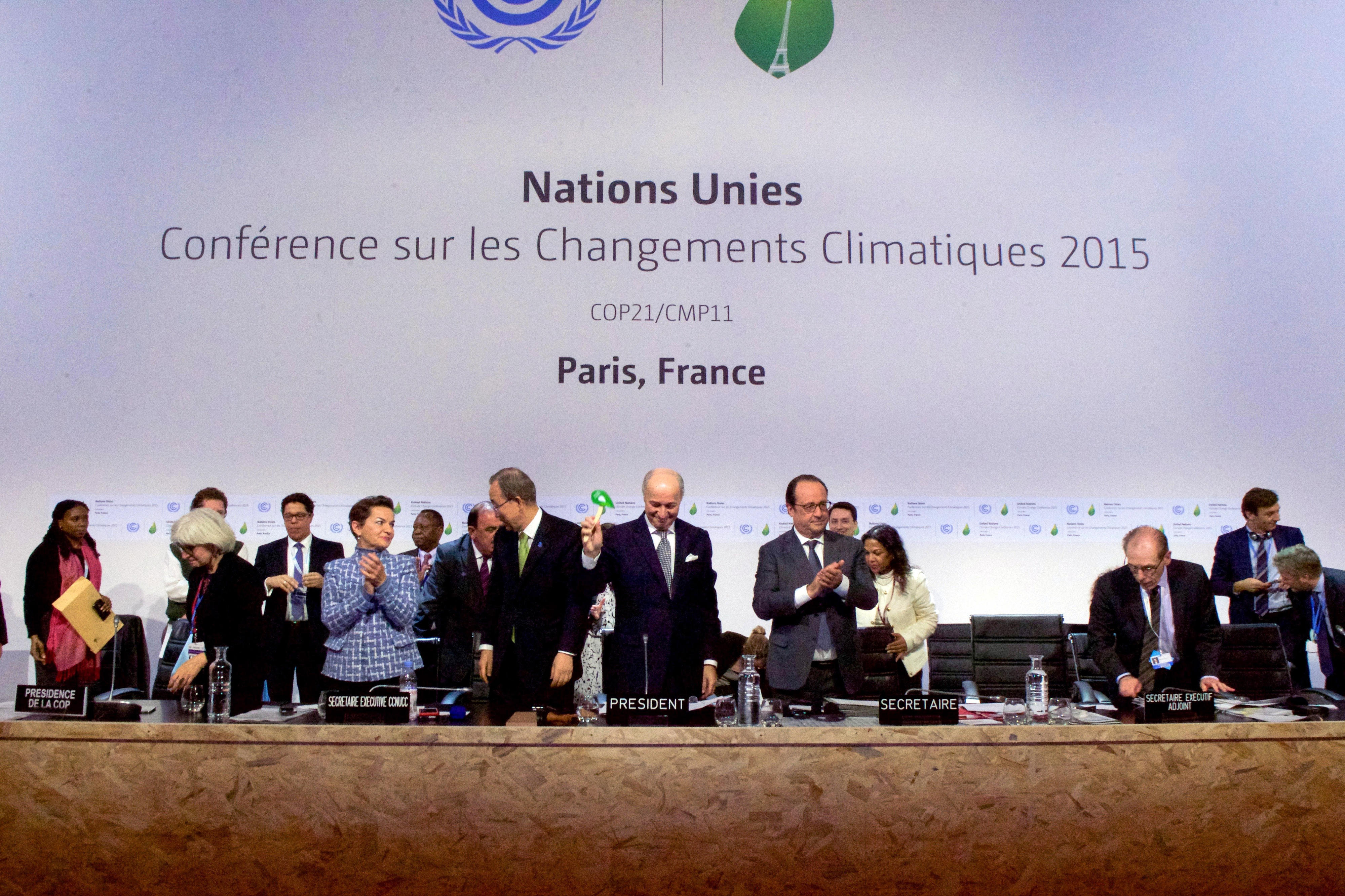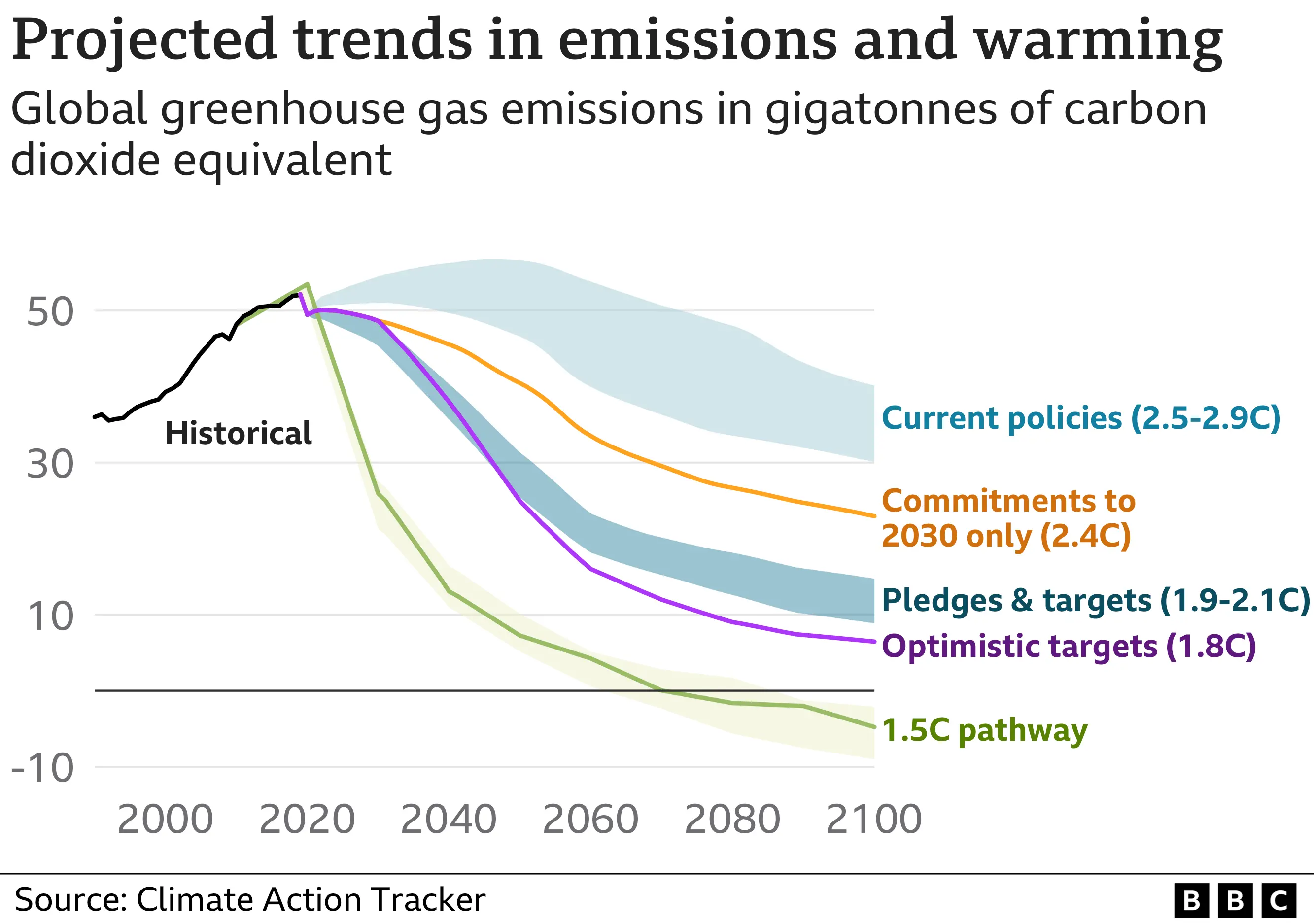
Trump Withdraws the US from the Paris Agreement: Unraveling the Climate Change Landmark
Unilateral Withdrawal: Trump's Decision and Global Fallout
On June 1, 2017, the United States under President Donald Trump announced its withdrawal from the Paris Agreement, a landmark international accord to combat climate change. This unilateral decision sent shockwaves through the global community, sparking widespread criticism and concern.
The Paris Agreement, adopted in 2015 by 196 countries, aims to limit global warming to well below 2 degrees Celsius, preferably to 1.5 degrees Celsius, compared to pre-industrial levels. It sets national targets for reducing greenhouse gas emissions and establishes a framework for international cooperation on climate mitigation and adaptation.
Domestic Rationale and Global Repercussions
The Trump administration justified its withdrawal by arguing that the agreement would harm the U.S. economy and unfairly burden American industries. The administration also claimed that it put the United States at a competitive disadvantage with other countries that did not have similar emissions commitments.
However, critics argued that the withdrawal would undermine U.S. leadership on climate change, harm the environment, and damage the country's global standing. They pointed out that the United States is the world's second-largest emitter of greenhouse gases, and that its withdrawal would significantly reduce global efforts to address climate change.
Economic Consequences and Environmental Concerns
The economic impact of the U.S. withdrawal from the Paris Agreement remains uncertain. Some studies suggest that it could lead to job losses and reduced economic growth in the United States, while others argue that the effects will be negligible.
However, the environmental consequences of the withdrawal are clear. The agreement has been hailed as a critical tool for reducing greenhouse gas emissions and mitigating the effects of climate change, such as sea-level rise, extreme weather events, and biodiversity loss. The withdrawal of the United States, a major polluter, will undoubtedly slow down global progress on climate mitigation.
International Perspectives and Diplomatic Tensions
The U.S. withdrawal from the Paris Agreement was met with widespread condemnation from the international community. Many world leaders expressed disappointment and concern, arguing that it would weaken global efforts to combat climate change.
The withdrawal also strained diplomatic relations between the United States and its allies. Canada, Mexico, the European Union, and China all reaffirmed their commitment to the Paris Agreement and criticized the U.S. decision. The European Union even threatened to impose carbon tariffs on U.S. goods if the United States did not rejoin the agreement.
Scientific Evidence and Climate Change Denial
The scientific consensus on climate change is overwhelming. The vast majority of scientists agree that human activities, primarily the burning of fossil fuels, are the main cause of global warming. The effects of climate change are already being felt around the world, in the form of rising sea levels, melting glaciers, and more frequent and intense extreme weather events.
However, the Trump administration has consistently dismissed the scientific consensus on climate change, describing it as a "hoax" and a "Chinese hoax." This denial of science has been widely criticized by the scientific community and has undermined international efforts to address climate change.
Conclusion: Reflections and Broader Implications
The withdrawal of the United States from the Paris Agreement is a significant setback in the global fight against climate change. It has damaged U.S. leadership on climate issues, weakened international cooperation, and emboldened climate change deniers.
The consequences of the withdrawal are likely to be felt for years to come. Climate change is a global problem that requires global solutions, and the absence of the United States from the Paris Agreement will make it more difficult to achieve the necessary reductions in greenhouse gas emissions.
The Trump administration's decision to withdraw from the Paris Agreement is a reminder of the importance of science-based policymaking. It is also a reflection of the growing political polarization on climate change, which is undermining efforts to address this pressing global challenge.
